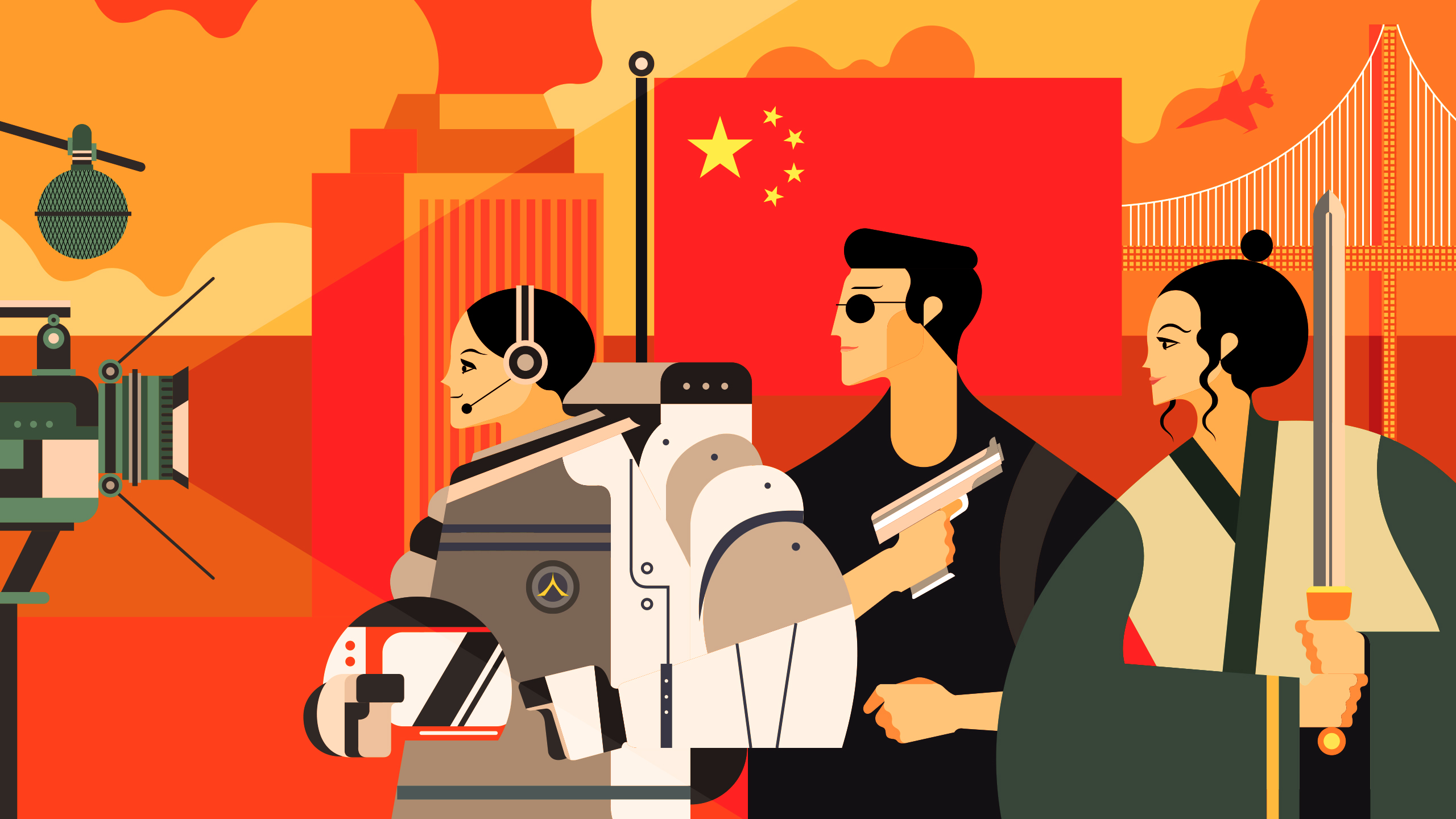Why the Pandemic Increases Risk of US-China Conflict

Over the past number of years, I’ve done several speeches examining some predominant geopolitical trends through the lens of our international law practice, and one reoccurring theme that keeps on coming back is the “velocity of history,” a term Arthur Schlesinger Jr. once used to describe the disorientation resulting from how the present is becoming the past at a faster and faster rate. Something that happened last week may feel as distant as events from hundreds of years ago, the argument goes, and this represents a problem in how we think about and respond to strategic scenarios.
Like me, you are most likely reading this blog post in some form of lockdown, quarantine, or social-distancing regime. Like me, you are probably experiencing your own private velocity of history – a bizarre “Groundhog Day” ritual where everything repeats but nothing is the same, where it’s not always unpleasant but it’s certainly not normal.
Remember back when Governor of New York Andrew Cuomo excused his arrogance when he said that “we don’t even think it’s going to be as bad as it was in other countries” because New York has the best healthcare system on the planet?
That was just 38 days ago. But today, there’s obviously a different narrative, as Gov. Cuomo has achieved national visibility, seen as a voice of authority and comfort in uncertain times.
Let’s also try to keep track of the media narrative on China’s role during the pandemic crisis, if we can.
At first, maybe two months ago, it was fairly widely concluded that China botched the virus response with typical authoritarian clumsiness and self-harming opacity. Then, once taming the outbreak a month later, they were hailed as a model of success. The following week, they were the masters of disaster marketing, remaking their image with a charm offensive and rewriting history on the fly.
Now, as the United States falls deeper and deeper into what has become the greatest loss of human lives since World War 2 and the worst economic crisis since the Great Depression, there are going to be immediate political consequences, and these consequences include a dangerous escalation of risk in US-China relations.
With pressure intensifying over missteps in the US response, President Donald Trump has turned his attention toward China with a threat to defund the World Health Organization (WHO), accusing its Ethiopian-born director general of pro-Beijing bias.
Even though the world is facing a moment requiring unprecedented multilateral coordination and communication to save lives, even though the risk of inflammatory Sinophobia requires attention, and even though the US supply chain for crucial medical materials remains very much dependent on China, it is quite unlikely that this will be the last time Washington attacks China over the pandemic issue.
An interesting piece in the Washington Post by Josh Rogin explains why. According to a new poll:
Republicans and Democrats now largely agree that the Chinese government bears responsibility for the spread of the pandemic, that it can’t be trusted on this or any other issue, and that the U.S. government should maintain a tough position on China on trade and overall, especially if Beijing again falters in its commitments.
“It’s as much of a consensus issue as you can get in today’s divided world,” said Mark Penn, chairman of the Harris Poll. “Overall, there’s very little trust for anything that the Chinese government says or does, especially its premier. Xi Jinping has less than half the credibility of President Trump in this poll.”
President Trump has finally found the perfect opponent for the 2020 election. It’s not Joe Biden, it’s the Chinese Communist Party.
With these domestic factors in place to continue heightening tensions between Washington and Beijing, we can expect to see the United States retreat further and further from the responsibilities of global leadership, leaving numerous others to fill the vacuum.
The narratives of this dangerous creeping conflict will of course continue to fluctuate wildly as history accelerates, but the constant, consistent trend we’re seeing dating back to the second half of the George W. Bush presidency is the rapid degradation of American diplomacy and international influence, and the transfer of the responsibilities of global leadership to China, Russia, and others. We are witnessing it before our eyes, as they send emergency aid missions, supplies, planeloads of ventilators, masks, PPE, economic support. Of course they are rewriting their history and the narrative of the COVID-19 response – we’ve just forgotten that we are not the audience.
China may be late to the game compared to Russia, but we can expect a significant uptick in Beijing’s information operations, not just in social media and cultural/entertainment fields, but also in shaping both elite and popular perceptions on key strategic imperatives to their advantage.
Over the next several weeks as we ride out this pandemic lockdown, I’m very much looking forward to interviewing some authors of books who may be able to share some informed views about what these sweeping changes mean on our podcast. Check out the last episode we posted of Departures for an interview with David Kilcullen, the author of “The Dragons and the Snakes: How the Rest Learned to Fight the West.” An exciting new episode will also be published tomorrow.
For now, I hope you are all staying safe and healthy. Be sure to get in touch with book recommendations and authors you’d like to hear on the pod. I look forward to hearing from you.











